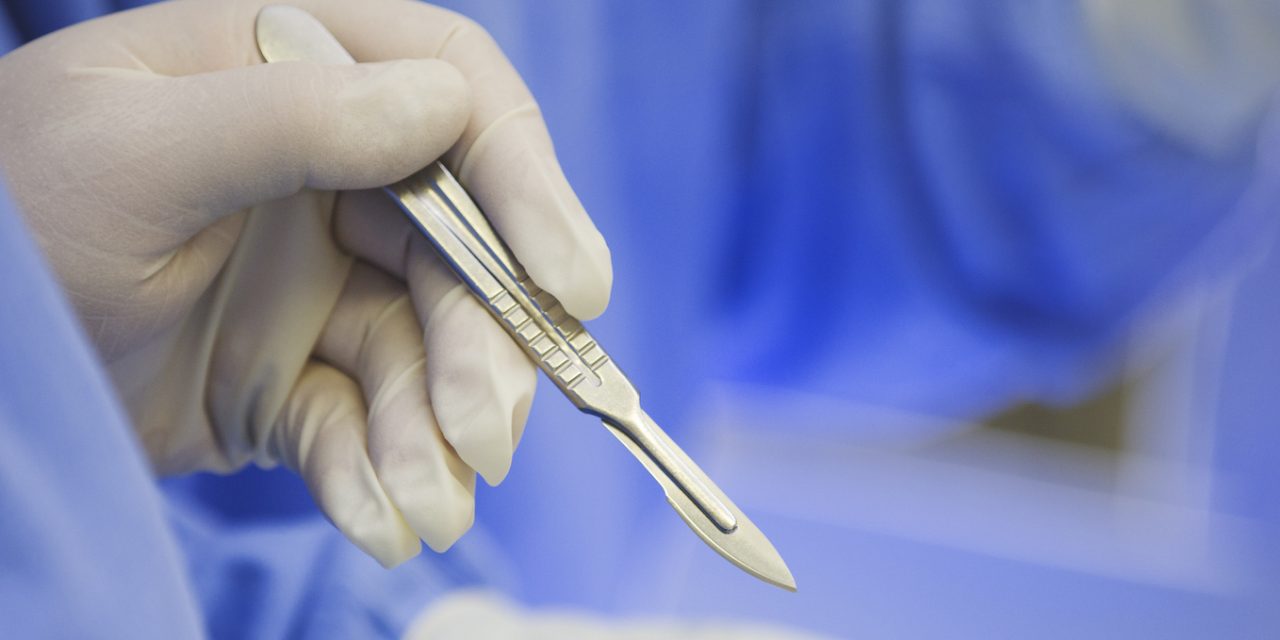Solid organ transplant recipients (SOTRs) have elevated risks for basal cell carcinoma (BCC) and squamous cell carcinoma (SCC), especially in high ultraviolet (UV) radiation environments. We assessed whether polygenic risk scores (PRSs) can improve prediction of BCC and SCC risks and multiplicity over and above traditional risk factors in SOTRs in a high UV setting. We built PRSs for BCC (N=594,881) and SCC (N=581,431) using UK Biobank and 23andMe datasets, validated them in the Australian QSkin Cohort (N>6,300) and applied them in SOTRs in the STAR Cohort from Queensland, Australia, a high UV environment. About half of the SOTRs with a high genetic risk developed BCC (absolute risk=45.45%, 95%CI=33.14-58.19%), and SCC (absolute risk=44.12%, 95%CI=32.08-56.68%). For both cancers, SOTRs in the top quintile were at >3-fold increased risk relative to the bottom quintile. The respective PRSs improved risk predictions by 2% for BCC (AUCs=0.77 versus 0.75, P=0.0691) and SCC (AUCs=0.84 versus 0.82, P=0.0260), over and above the established risk factors and 19.03% (for BCC) and 18.10% (for SCC) of the SOTRs were reclassified in a high/medium/low risk scenario. The PRSs also added predictive accuracy for tumour multiplicity (BCC R=0.21 vs 0.19, P=3.2 x 10; SCC R=0.30 vs 0.27, P=4.6 x 10).Copyright © 2021 The Authors. Published by Elsevier Inc. All rights reserved.
Polygenic Risk Scores Stratify Keratinocyte Cancer Risk among Solid Organ Transplant Recipients with Chronic Immunosuppression in a High Ultraviolet Radiation Environment.


